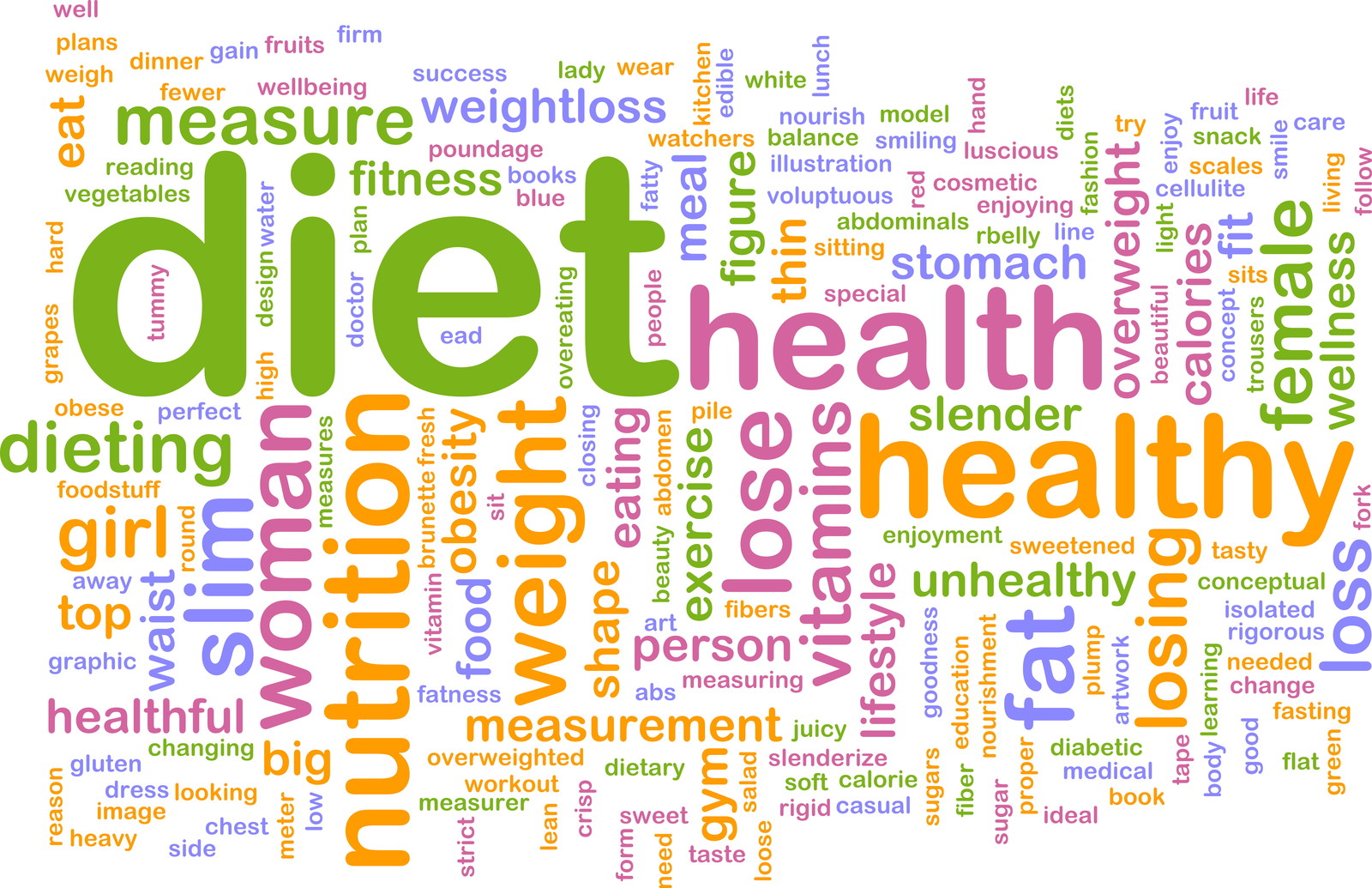[ad_1]
The center of a long-term weight loss process for the morbidly obese may be a bariatric surgery. But what comes after the operation is no less important. A significant change to one's diet is an inherent part, and a key one.
Since vitamins and minerals are so important to overall health, getting the right ones is a must. That can be challenging for someone who, to date, may not have paid close attention to health and nutrition. For many patients, absorbing adequate amounts of Iron, Vitamin B12, Calcium and Vitamin D can be particularly difficult.
Vitamin D helps with the absorption of calcium, vital for bone formation and strength, as well as proper heart muscle function and blood clotting. Post-surgery patients typically require 500-600 mg three times daily, to be taken at least an hour apart from any iron supplements. (Calcium competes with iron for absorption by the body and may be flushed before being adequately absorbed.)
Vitamin B-12 is essential to the process of forming blood cells and participates in nerve function. A daily tablet, dissolved under the tongue, containing 500 mcg, is usually recommended. Some patients receive instead monthly B-12 vitamin injections.
Iron is an essential mineral (an element, actually) that forms the center of a hemoglobin molecule, a key part of red blood cells. Those cells provide the basic means of transporting oxygen around the body to the tissues. Inadequate amounts leads to anemia. Fortunately, a daily tablet solves that problem for most everyone.
Vitamin C should be taken together with the iron tablet, since it helps with absorption. It also has many useful properties itself. A daily 500 mg tablet can promote wound healing and reduce the chance of infection.
Zinc is just one of the essential minerals that the body may absorb less efficiently after a bariatric surgery. It too helps with wound healing and supports the immune system, as well as performing a dozen other vital biological functions. A 10-20 mg tablet taken daily is all you need. It's possible to consume too much, though, so take care to follow your nutritionist / physician's guidelines.
[ad_2]
Source by Barney Helzer
